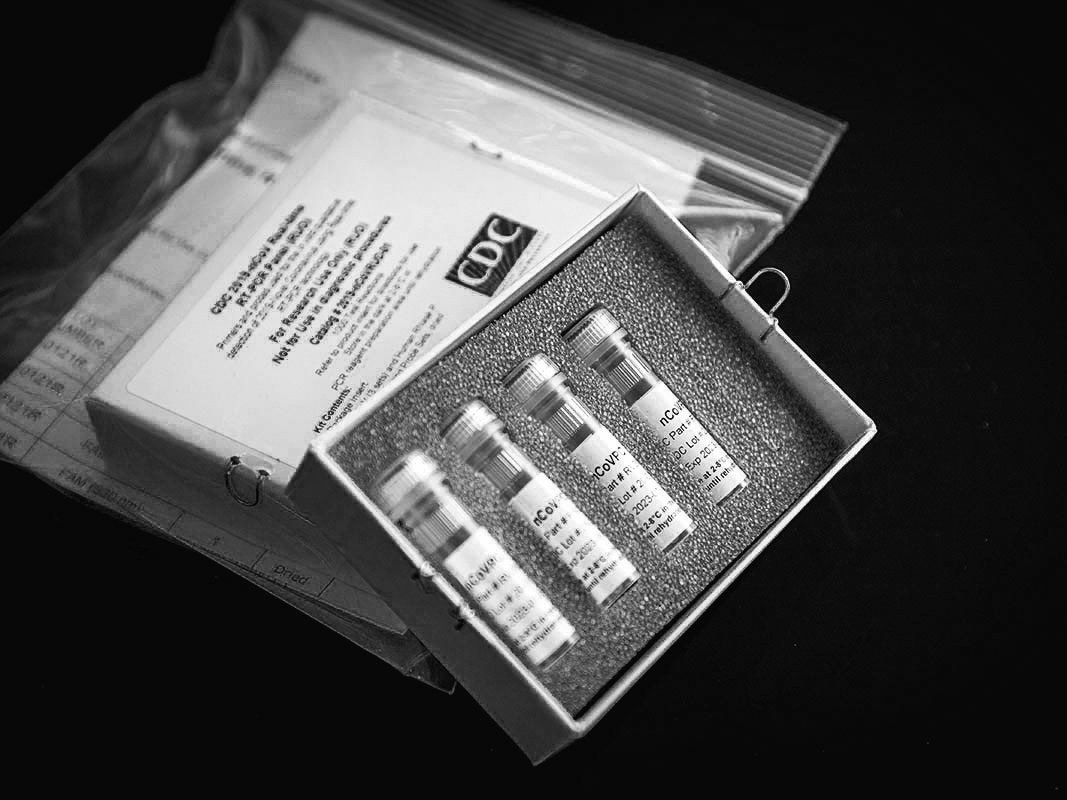
By ALLISON RAPP
When it began testing, Erie County Public Health started with 450 test kits, but as of Wednesday, the has officially run out of the materials needed to continue testing for the pernicious coronavirus.
“It’s a national shortage,” said Dr. Gale Burstein, the Health Commissioner for Erie County during a press conference at the Rath Building Wednesday evening. “We are not the only lab in New York State that is experiencing these testing limitations.”
The news came the same week that the county began operating drive-through testing sites. Those programs will now cease to operate until supplies are replenished, though officials are unsure exactly when that will be.
With COVID-19 spreading throughout the country, it was only a matter of time before the virus reached Western New York. So far 28 individuals had tested positive in Erie County, though that number is expected to increase in the coming days. A list of locations visited by those who have been diagnosed with COVID-19 has been released by the county Health Department. Many had recently traveled either within or outside New York State, but Erie County Executive Mark Poloncarz warned that the virus is already a lot closer than that.
“There is community spread,” he said at the same press conference when all questions from the media were taken by phone. “We want people to understand that it is all over Erie County. Seven in Amherst. One in the Town of Aurora. Four in Buffalo. Two in Clarence. One in Elma. One in Grand Island. Two in Hamburg. One in Holland. One new case in North Collins and one in Orchard Park. It is already in our community.”
In an effort to combat the spread of the virus among community members, all bars and restaurants in the county closed their doors earlier this week and limited their operations to take-out and delivery services. Many public events, concerts, shows, and public buildings have also been shut down. Even businesses that remain open (with the exception of grocery stores, pharmacies, and other essentials) may only host 50% of the maximum capacity of people, a state requirement.
On a bigger scale, the border between the U.S. and Canada will close to all non-essential traffic, though no definite start or end date was provided by either President Trump or Canadian Prime Minister Justin Trudeau. For many, this national decision may not have an impact, but for the people of Buffalo, who frequently cross the border, often only for the afternoon, the closing will make a major difference. Only those who must cross the border for work purposes, like truck drivers or government officials, will be allowed to enter and exit the two countries. According to Ron Rienas, general manager of the Peace Bridge Authority, this will likely reduce traffic levels by 95%.
“We are just entering the beginning of the storm,” Poloncarz said.

Leave a Reply
You must be logged in to post a comment.